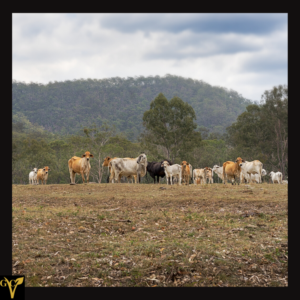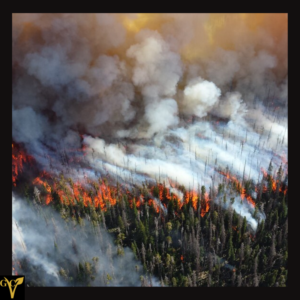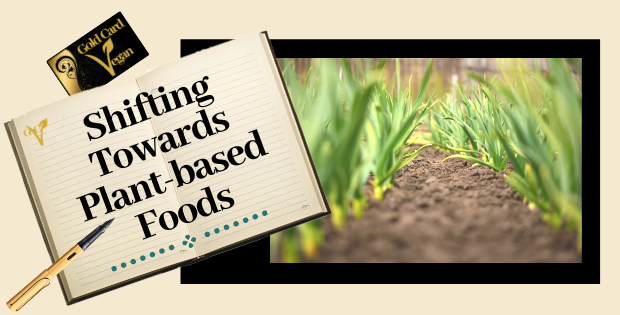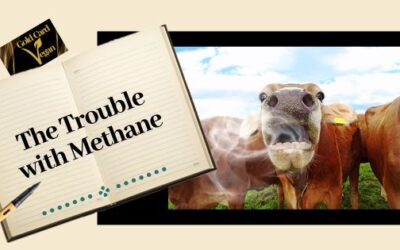There are ways we can be sustainable and create jobs, and one is to shift towards a plant-based food system.
“It is our collective and individual responsibility … to preserve and tend to the world in which we all live.” —Dalai Lama

To avoid climate catastrophe, a new report (you can download it here) outlines the urgent need for Latin America and the Caribbean to change its current animal agriculture and recommend a shift towards plant-based agriculture. In turn, this would create 19 million jobs, something that is sorely needed in these areas. Not only that, but it could regenerate the soil and rain-forests.

The report was compiled by Inter-American Development Bank and International Labour Organisation, and it discusses the necessity of decarbonising the economy to mitigate the climate crisis. We all know the devastation that the fires are causing in Latin America. The report also estimates that a climate crisis is estimated to cost $100 billion annually by 2050 (affecting outdoor jobs, including construction and street vendors, as the temperatures will be too high).

Moving away from animal agriculture would mean a move to net-zero and a green economy. If this happened over the next ten years, it would create over 22 million jobs in South American and the Caribbean, with 19 million being in the plant-based food production sector. These would more than compensate for job losses in the livestock and fossil fuel sectors combined.
Now, sure, this report is directed at Latin America and the Caribbean. However, COVID 19 has given all countries the opportunity for a more inclusive, sustainable and resilient future as the global economy begins again. We need to shift to healthier and more sustainable diets, which reduce meat consumption while increasing plant-based foods. Not only does this create jobs but also reduces pressure on any region’s unique biodiversity.
Until next time…









0 Comments